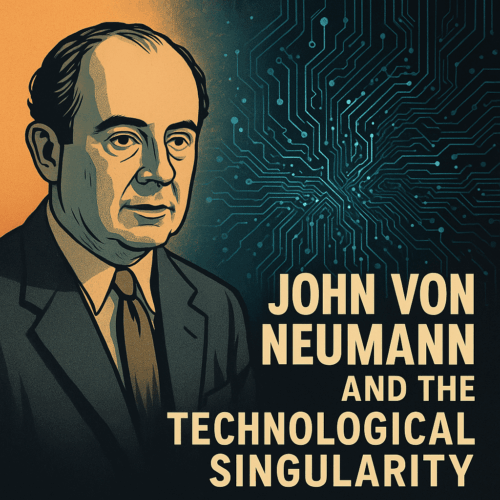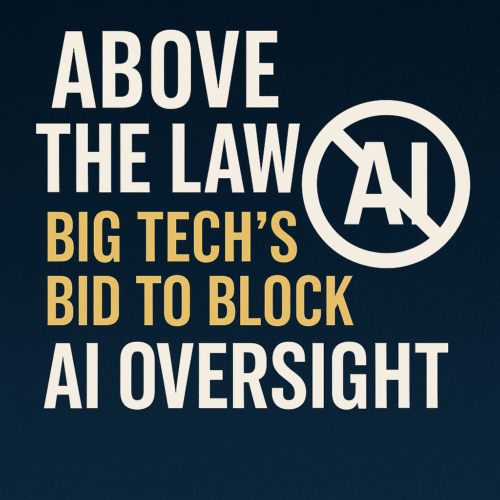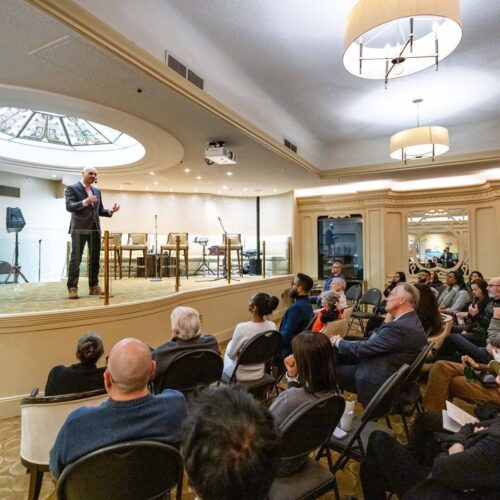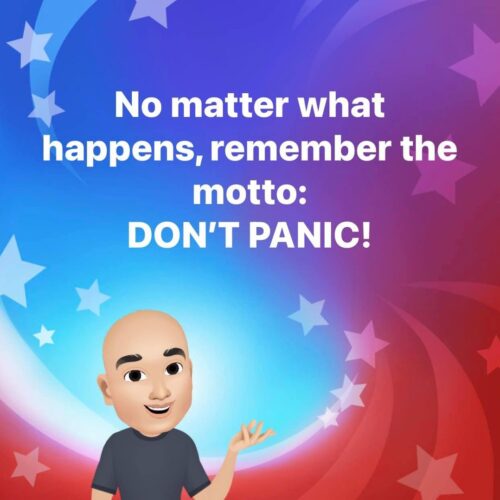A Universal Basic Income is Not the Solution
Mark Kincheloe / Op Ed
Posted on: February 17, 2017 / Last Modified: February 17, 2017
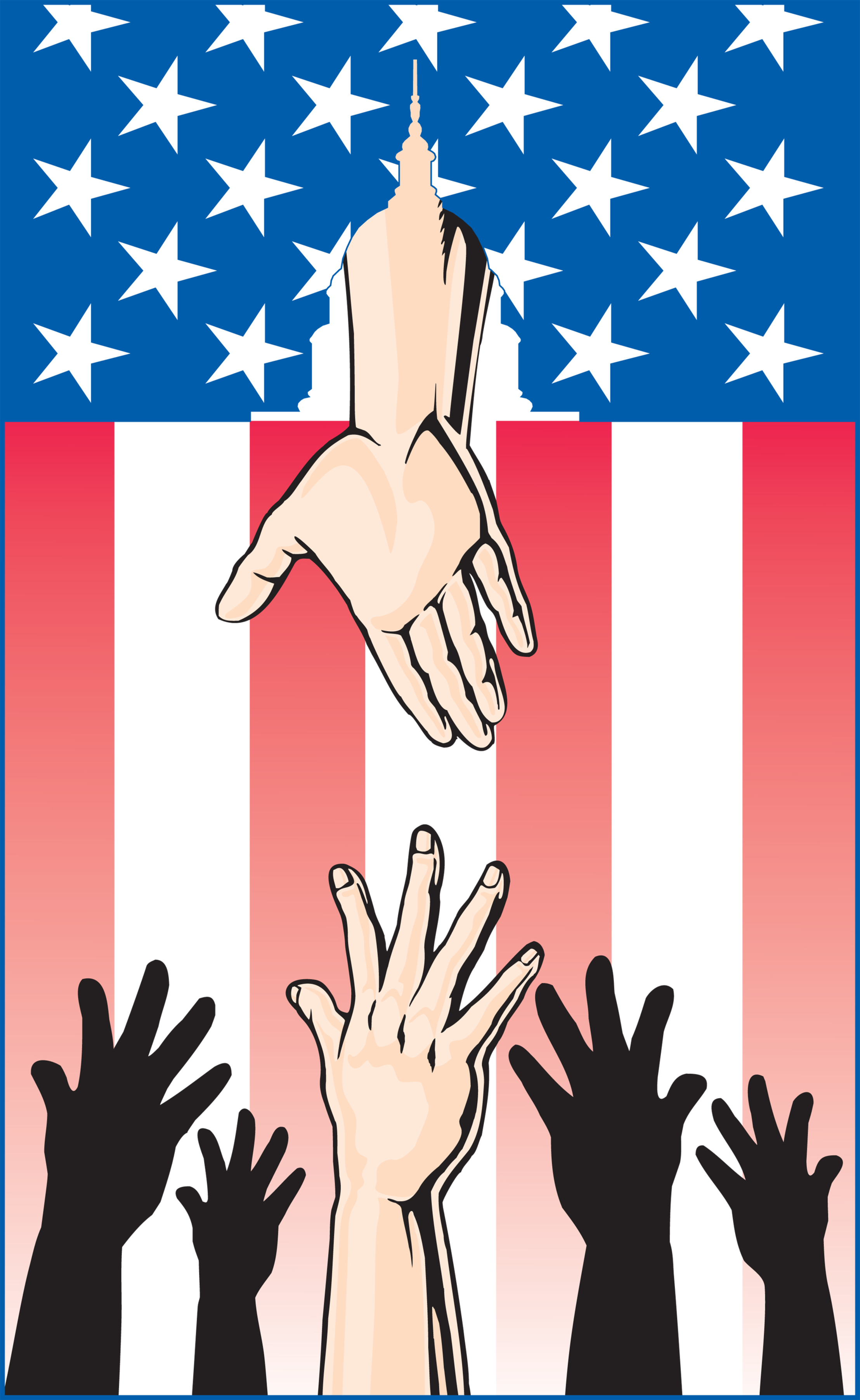 The familiar structure of work we’ve been accustomed to for around 100 years has been gradually changing over the past couple of decades. Much of this change has gone unnoticed by most of the population because companies typically don’t like to talk about replacing jobs with technology and the news media typically buries layoffs and workforce reduction information deep in the business section. Yet these changes in the workforce are some of the most important issues of our society and need to be brought to the center of public discourse.
The familiar structure of work we’ve been accustomed to for around 100 years has been gradually changing over the past couple of decades. Much of this change has gone unnoticed by most of the population because companies typically don’t like to talk about replacing jobs with technology and the news media typically buries layoffs and workforce reduction information deep in the business section. Yet these changes in the workforce are some of the most important issues of our society and need to be brought to the center of public discourse.
Technological advances and outsourcing over the past 30 years have eradicated millions of jobs and will continue to do so at an escalating pace over the next 20 to 30 years. Some new jobs have also been created due to these advances, but the overall net loss in jobs has been a huge gain for employers and a huge net loss for employees. The United States, as well as many other countries, will face significant socioeconomic problems in the decades ahead as the number of people not able to find good-paying employment skyrockets.
There are many possible solutions to relieve some of these problems, but one of the “solutions” I’ve heard from numerous speakers and writers is the concept of having the government send everyone a check as a guaranteed social welfare payment (or Universal Basic Income) so people will have an income if they cannot find a job. The government has important roles to play in helping to alleviate the problems we are beginning to see, but having the government spend trillions of dollars every year sending small checks to what could end up eventually being half the population (or more) would be extremely unproductive, fiscally unsustainable, and socially irresponsible.
What is government anyway? We all tend to throw the word “government” around like it’s a surreal being hovering over us with tentacles reaching in every direction. (It kind’a feels that way sometimes) Government is not a disconnected blob of ethereal matter, it is simply a complex organization of people – a few representatives chosen by the greater population, but most chosen by those already in the government – who conduct many of the needed functions of an organized society.
A group of people forming our government should not be considered our over-seers, but our equals, chosen to help us help ourselves. We tend to be a culture that idolizes heroes, enshrining them in mythical feats of grandeur, yet many of the politicians we hire to improve prosperity opportunities for the largest number of people, tend to fail at the level of mythical proportions. Politicians need to play important roles in passing legislation that will improve opportunities for more people to find employment and develop relationships with leaders of private enterprise to enhance cooperation between the general public and the companies that will provide them with jobs. This has always been the case to some extent, but we are now entering a new phase of technological employment disruption that requires our politicians to look beyond the next election cycle (good luck with that, right) and focus on working with business leaders to develop the next phase of our economy. They did that during the industrial revolution of the early 1900’s and now a century later, the new technological revolution requires the same statesmanship.
Government officials will always need to do their part in improving economic conditions, but no one should expect them to be their prosperity provider. Looking to a group of elected politicians to solve your financial problems, pay you a small monthly stipend, and make decisions for you would lead to a life of despair and anguish living around the poverty line with little incentive to achieve at high levels. The government is a structure of laws, regulations, defense, and organization that provides a platform for a society to grow and prosper. A government should never be expected to simply pay half the population to live. A government can provide the playing field, the rules, and the officials for a population to flourish, but it cannot win the game for everyone. A vibrant, growing society cannot simply be filled with spectators, everyone must engage and play.
Humans should never be relegated to the equivalent of a heard of sheep being corralled and controlled by a tiny portion of the government and corporate elite who pay them off with a small paycheck each month. Any member of society is capable of transforming their life to new heights as well as the lives of many others if they are motivated and driven by earning a living and being a productive member of society. Some people who would take the small check and start a business, engage in other productive forms of self-employment, or work part-time depending on their situation. There would also be far too many people who would simply take the government handout and sit in front of a TV all day or go fishing or engage in some other leisurely activity that would not add much value to the general economy. As the years went by, fewer and fewer people would engage in meaningful occupations creating a larger pool of people requiring small monthly checks which would create a greater strain on the tax-payer funded entitlement program. The pool of tax-payers funding the program would dwindle each year, eventually leading to insolvency. Then where would we be? Does Greece ring a bell? Only this time – Imagine Greece on a global scale, with no entity large enough to bail out a multitrillion dollar welfare system.
This scenario would also reduce the number of people who held the bulk of the wealth each year. Most people already decry the 1%’s who hold much of the wealth today. If we went to a system of a government handing out checks to everyone with nothing in return each month, the 1% would eventually turn into the .0001%. Do we really want a system where a very tiny group of people in relation to the overall population own 95% or more of the wealth, while a majority of the rest of the population is barely getting by?
If the government were to begin handing out small checks to everyone each month, that would also reduce the need and desire for most people to work at all anymore. If you are currently working a job 45 to 50 hours a week, and you see your neighbor not working at all and doing whatever they want each day, you might eventually become disenchanted with busting your butt and leave the workforce to take the government check. It would actually be a disincentive for people to work. Why work a job making $35,000 to $45,000 per year that you don’t like, when you can receive an annual income from the government in the range of $25,000 to $30,000 per year to do nothing. Many people will find ways to reduce their bills in order to live off the lower government check and not have to work anymore.
Welfare has been a part of our society for decades. A system of providing a wage to citizens who cannot find work can be a very productive process if the government provides those people with work. There are thousands of tasks a person can perform to earn a check from the government each month. Of course, there will be exceptions, as there are now, for those who are not physically able to work or have other issues that interfere with their capability to perform regular work, but most people can work at least on a part-time activity that the government designates to earn their checks. The government can provide a list of thousands of activities that people can choose from to perform to earn their checks. Each person can choose the activity they want to perform from the list so they still have variability and some control over what they do each day.
This process would enable people who need government assistance to still be able to receive that financial resource while also providing a service to the community. This process would also create incentives for people to still try and obtain a regular job to make more money rather than work one of the government provided activities because they would not have the option of doing nothing and still receiving a check on the tax-payer dime. This process would also provide the opportunities for people to learn many different tasks and skill sets depending on which task they would choose to perform each day from the vast list the government would provide. One of these learned new skill sets could provide for the opportunity to obtain a new, higher-paying job in the private sector.
Private enterprise would be an important partner with the government to subsidize this program and have participants perform tasks for companies, which could lead to unlimited learning opportunities, skill-set enhancements, and millions of new occupational opportunities in the private sector. Millions of workers in the government work program would then migrate back into the private sector as the economy grows and new jobs are designed and created. As the machines assume more of the conventional work humans have always done, private enterprise will need to partner with the government to develop new occupations to keep people engaged in the economy. Government and private enterprise must work together at all levels to develop new entrepreneurs, new structures, and new opportunities for all. They cannot be adversaries trying to outmaneuver each other anymore.
A government provided social welfare check for everyone with nothing in return is not the solution to the growing scarcity of good-paying occupations. We must realize our population is not to be treated as a growing financial drain on society, but the critically impactful driver to our continued prosperity. We must all engage and contribute, not be pushed into the boundaries of irrelevance. We must stop thinking that providing a meager government check with nothing in return is the antidote to creating a future utopian society. That would only lead to the gradual discontent and decay of our society that has been built on hard work, perseverance, innovation, participation, and endless possibilities.
About the Author:
 Mark Kincheloe is a Financial Analyst, writer, and artist working to bring attention to how technology is rapidly replacing humans in the workplace and how society can evolve to meet the challenge. Mark lives in Scottsdale, Arizona.
Mark Kincheloe is a Financial Analyst, writer, and artist working to bring attention to how technology is rapidly replacing humans in the workplace and how society can evolve to meet the challenge. Mark lives in Scottsdale, Arizona.
Related Articles
- Marshall Brain on Singularity 1on1: We’re approaching humanity’s make or break period
- Will technological unemployment impoverish us?
- UBET: A Practical Answer to Technological Unemployment
- Singularity 1 on 1: Jeremy Rifkin on the Zero Marginal Cost Society and the Decline of Capitalism
- Will Work For Free: A Doc About Technological Unemployment
- Economic Possibilities for our Grandchildren by John M. Keynes
- Martin Ford on Singularity 1on1: Technological Unemployment is an Issue We Need To Discuss

